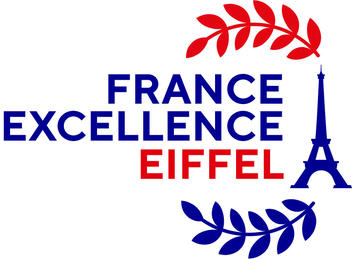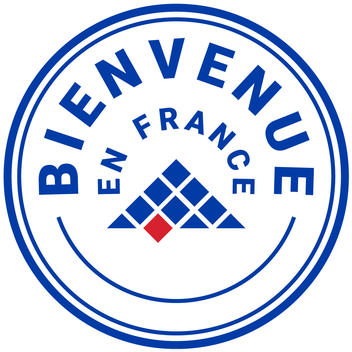
Launch of the 3rd Starthèse
The third Starthèse session is now open. Starthèse is a national programme designed to promote and support initiatives raising awareness about entrepreneurship for doctorate students or holders. Starthèse is focused on tech innovation and deeptech, and promotes all forms of innovation in human and social sciences, and transdisciplinary approaches. In 2024, the programme included 21 mechanisms helping young researchers start a business.
Until 24 February 2025, new programmes are invited to participate in the Starthèse challenge, which is steered by a national organisation committee including the ministry of higher education and research, and other partners such as France Universités, the “Conférence des grandes écoles” (CGE), the Conference of Principals of French Schools of Engineering (CDEFI), or even Pépite France. Starthèse was launched in 2023 to support programmes promoting doctorate students or holding a degree for less than 5 years who want to develop “solutions answering the challenges of our society, whether they are social, economic, cultural or environmental”.
From research to the socio-economic world
As the ministry puts, Starthèse should supposedly help decisionmakers funders, and the broad public in general “better understand the transfer from research thesis work to the socio-economic world” and, at the same time, better understand the overall role of researchers. From this point of view, the programme strives to promote “the key role” of young researchers and doctoral students in the design of business projects, projects presented as “clearly standing out on the world scene”.
Indeed, there are at national scale, “more and more mechanisms are designed to value young researchers, whether they are doctorate students or young doctors, for their capacity to use skills acquired during their research experience”. Among the existing mechanisms, there are actions more specifically focused on the entrepreneurship process of young researchers. That’s why “in such a context of emergence”, the ministry has created Starthèse, a national project with three objectives:
- providing more visibility to these mechanisms in business creation and publicize them;
- encourage more young researchers to participate;
- influence the representations of socio-economic players by showing them the professional skills of young researchers
An affiliation process
Specifically, Starthèse offers to federate each existing mechanism throughout “an affiliation process to improve their visibility and their scope, but also to develop an ecosystem at national scale”. According to the ministry, affiliation is a necessary condition so a mechanism may present its laureates to the Starthèse challenge, at local or national scale.
Thus, already structured mechanisms may apply for inclusion in Starthèse. The mechanism applying for affiliation, focused on initiation to entrepreneurship, must be directed towards young researchers, i.e. doctorate students registered for the current academic year or doctors who passed their thesis less than five years ago. However, it shouldn’t “require participants to apply using a real project of commit to continue the instruction of this project after this experience”.
A challenge at local and national scale
Starthèse is a challenge that federates the local schemes affiliated to it without overlapping. In practical terms, the first step of the challenge is organised at local scale and then at national scale.
The local level is either a University Innovation Centre (PUI in French) or a university site where several institutions are coordinated. Young researchers taking part in the local challenge must be “trained in creativity and design methods to imagine a way of turning their research experience to good account”. They also need to be prepared in “public speaking techniques so that they can convincingly pitch their entrepreneurial project”. However, laureates are not expected to present a fully developed model, a financing model or a business plan.
Secondly, the affiliated schemes and their prize-winners will be invited to a national event organised in autumn by the Ministry of Research. This national event will put the spotlight on the winning young researchers and give them the opportunity to “exchange ideas and develop their approaches”. The aim is “not to award an endowment”, but rather to “showcase their experience and recognise the work they have done”, while at the same time raising the profile of the winners among socio-economic players.
Recommended News




















































